Which Of The Following Combinations May Result In The Hemolytic Disease Of The Newborn?
Which of the following combinations may result in the hemolytic disease of the newborn?. Severe anemia with enlargement of. Rhesus e and rhesus C hemolytic disease of the newborn are rare. Prolonged gestation congenital defects abortion fetal deaths with resorption or mummification.
Occasional α-globin gene variants may cause haemolytic anaemia in the newborn because when the abnormal α-globin associates with γ-globin the resultant Hb is unstable whereas when the variant α-globin associates with β-globin the resultant Hb is stable. Surgery to remove the spleen. Cerebral palsy severe developmental delay bilateral deafness andor blindness.
HDN happens when an Rh negative mother has a baby with an Rh positive father. In more severe cases the following treatments may be needed. Medicine to reduce the strength of your immune system immunosuppressive therapy Living with hemolytic anemia.
DISEASES OF THE NEWBORN This includes the principles of diseases which occur during the first month of life in animals born alive at term. If the Rh negative mother has been sensitized to Rh positive blood her immune system will make antibodies to attack her baby. The placenta helps rid some of the bilirubin but not all.
In ABO hemolytic disease of the newborn maternal IgG antibodies with specificity for the ABO blood group system pass through the placenta to the fetal circulation where they can cause hemolysis of fetal red blood cells which can lead to fetal anemia and HDN. An indirect Coombs must also be run. It occurs when your babys red blood cells break down at a fast rate.
The following are some of the problems that can result. Treatment to strengthen your immune system using intravenous immune globulin Rituximab. The intracellular components of the RBCs are released into the circulating blood and into tissues.
Most cases of hemolytic disease of the newborn HDN are caused by. The lifetime of the RBCs is reduced from the normal 100120 days to just a few days in serious cases.
Most cases of hemolytic disease of the newborn HDN are caused by.
If the Rh negative mother has been sensitized to Rh positive blood her immune system will make antibodies to attack her baby. Hemolytic disease of the newborn occurs when the mothers alloantibodies bind paternally inherited antigens present on fetal but absent on maternal RBCs resulting in a positive DAT and hemolysis. Mild anemia hyperbilirubinemia and jaundice. Complications of hemolytic disease of the newborn can range from mild to severe. Hemolytic disease of the newborn ABO Rh disease. In contrast to Rh disease about half of the cases of ABO HDN occur in a firstborn baby and ABO HDN does not become more severe after. HDN occurs when your babys red blood cells break down at a fast rate. Diseases of the fetus during intrauterine life eg. If the Rh negative mother has been sensitized to Rh positive blood her immune system will make antibodies to attack her baby.
In ABO hemolytic disease of the newborn maternal IgG antibodies with specificity for the ABO blood group system pass through the placenta to the fetal circulation where they can cause hemolysis of fetal red blood cells which can lead to fetal anemia and HDN. This most often occurs when the mother has previously been exposed to blood antigens present on the fetus but foreign to her through either a blood transfusion or a previous pregnancy. Prolonged gestation congenital defects abortion fetal deaths with resorption or mummification. Hemolytic disease of the newborn occurs when the mothers alloantibodies bind paternally inherited antigens present on fetal but absent on maternal RBCs resulting in a positive DAT and hemolysis. Most cases of hemolytic disease of the newborn HDN are caused by. HDN happens when an Rh negative mother has a baby with an Rh positive father. If the Rh negative mother has been sensitized to Rh positive blood her immune system will make antibodies to attack her baby.







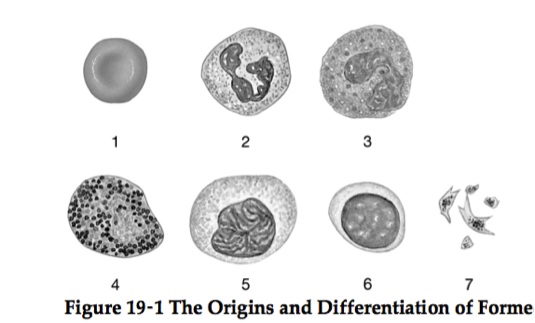


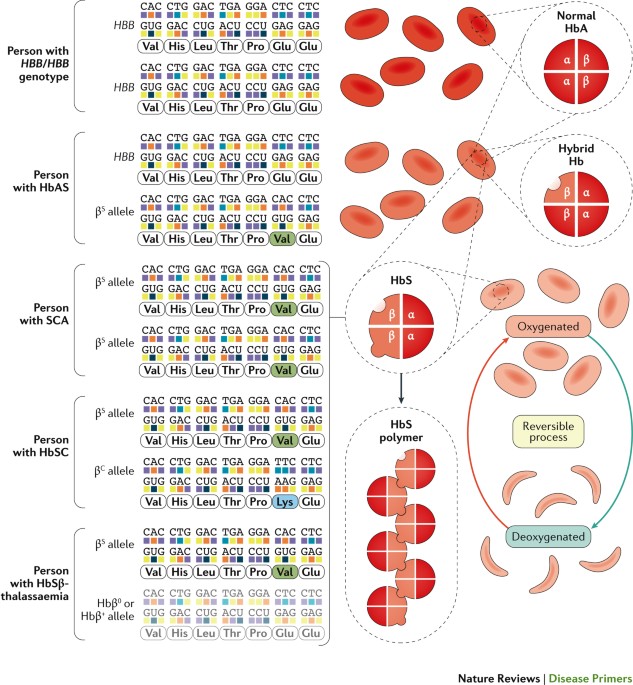
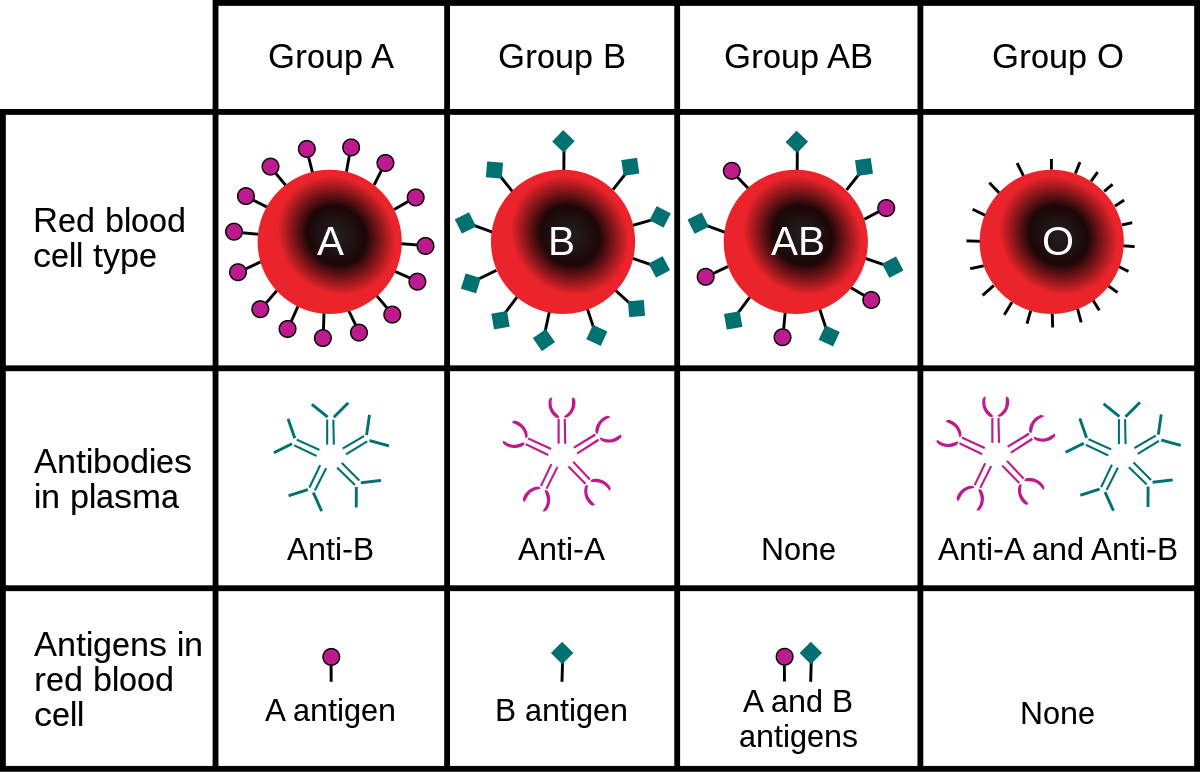
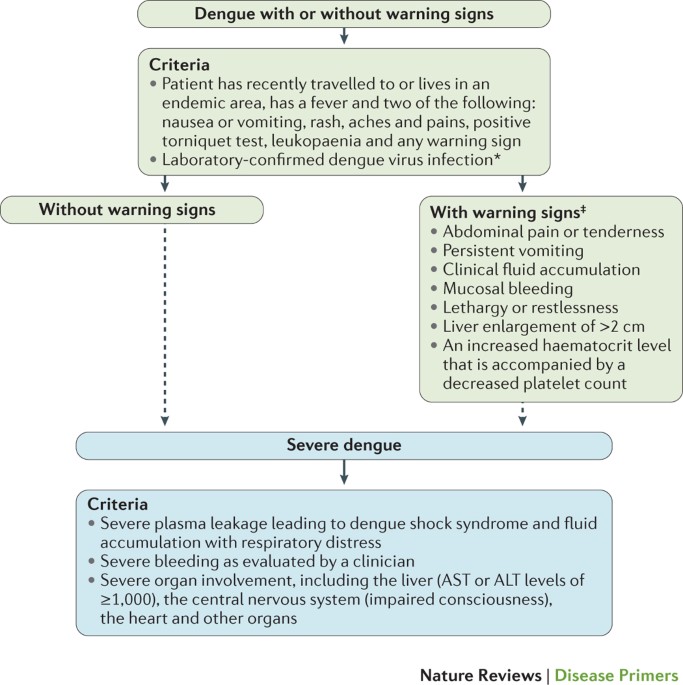


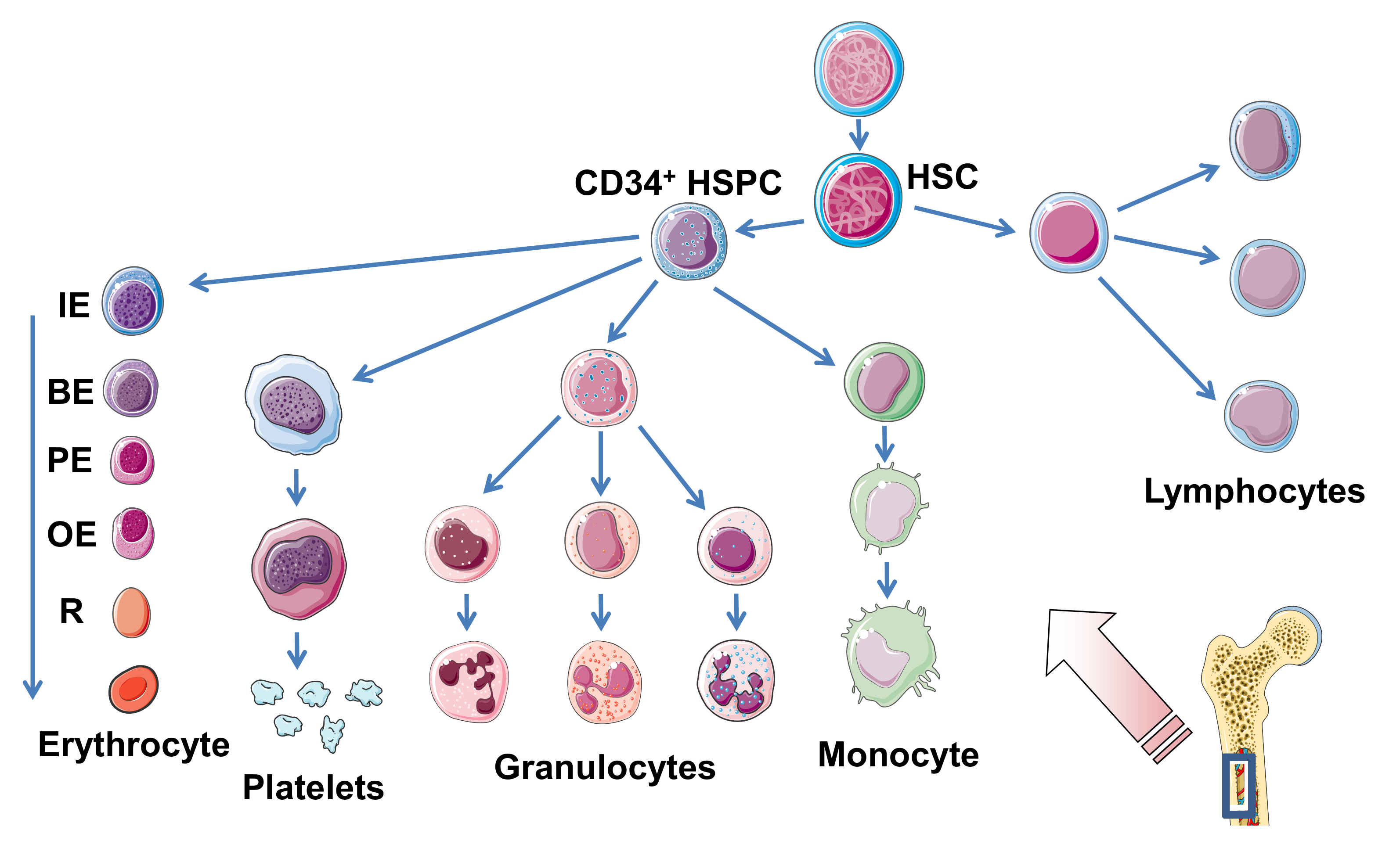

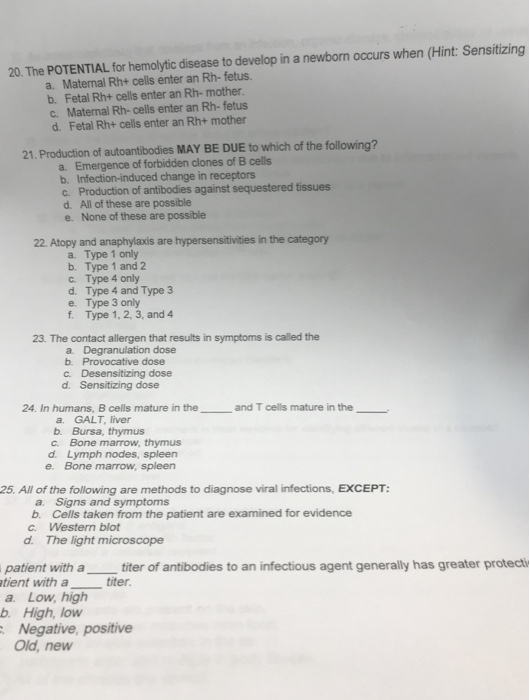
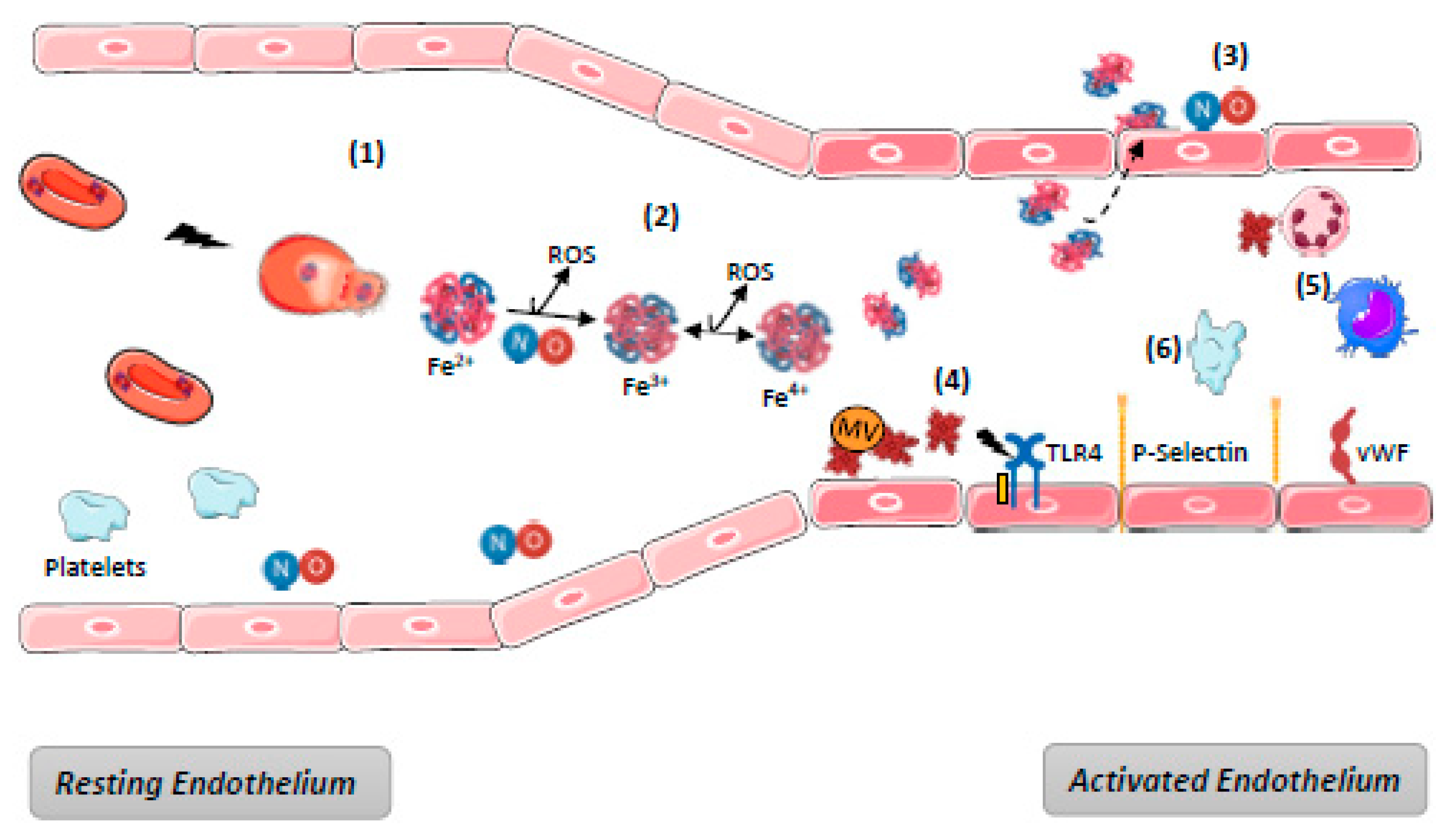


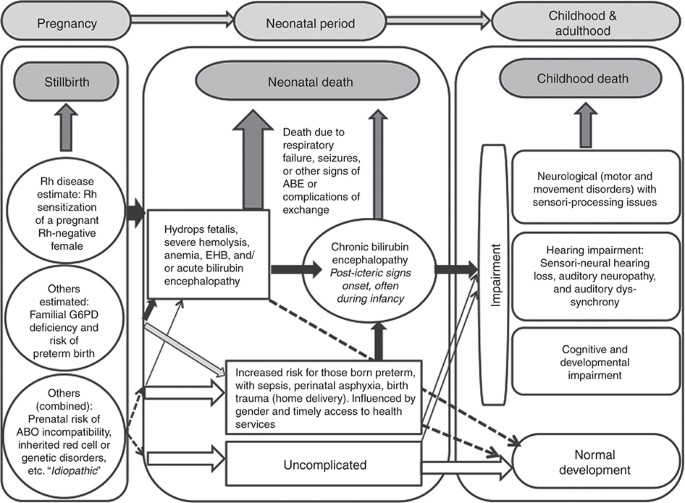
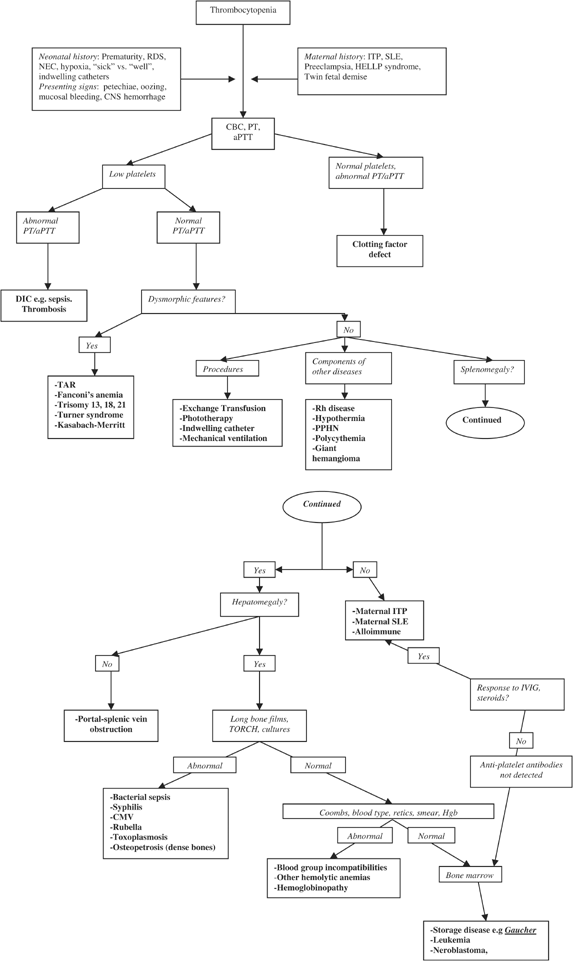


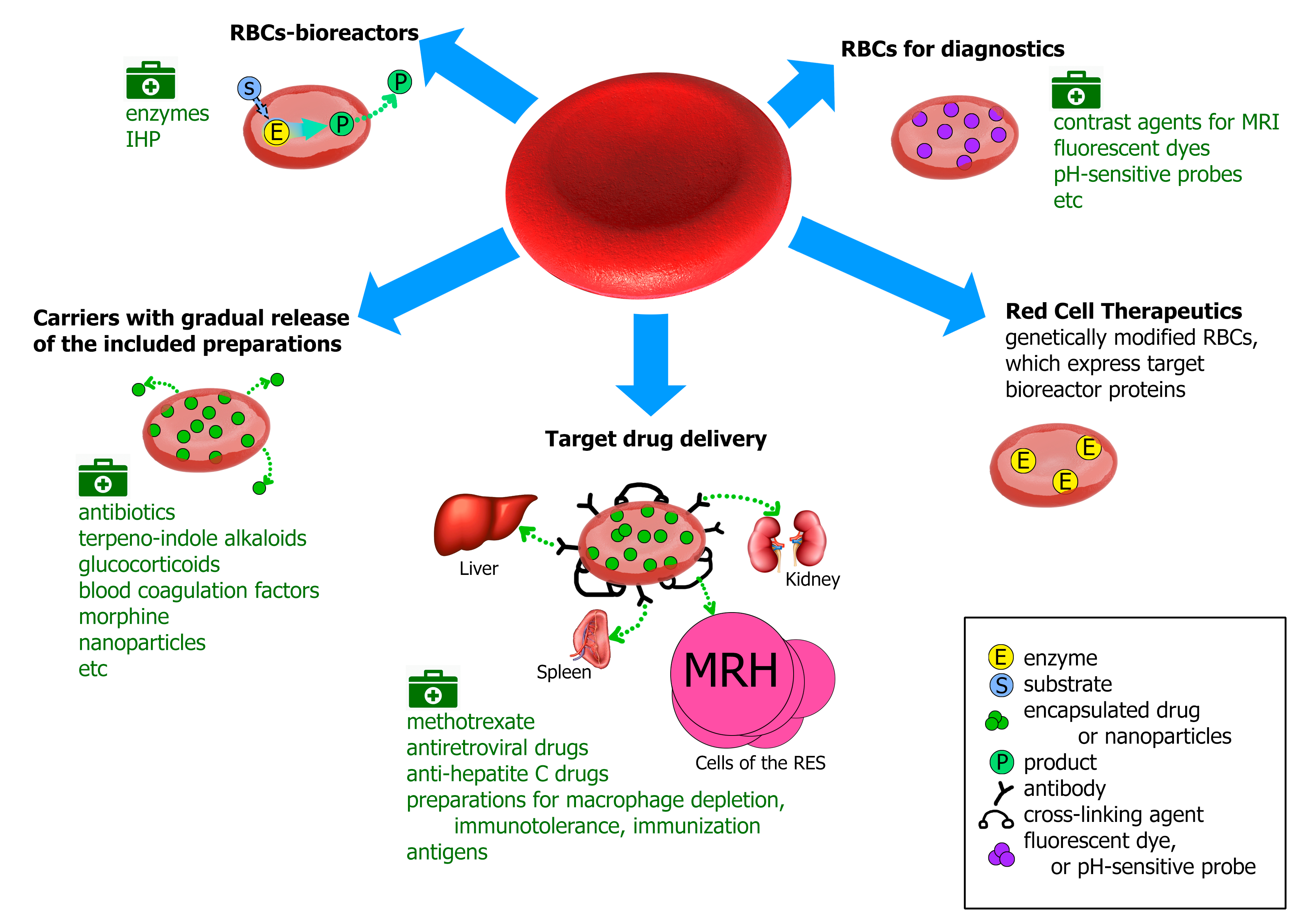
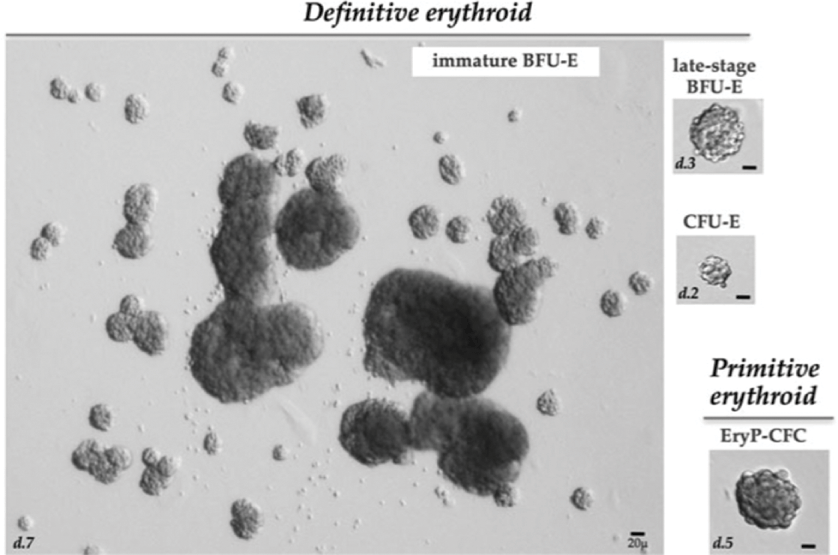


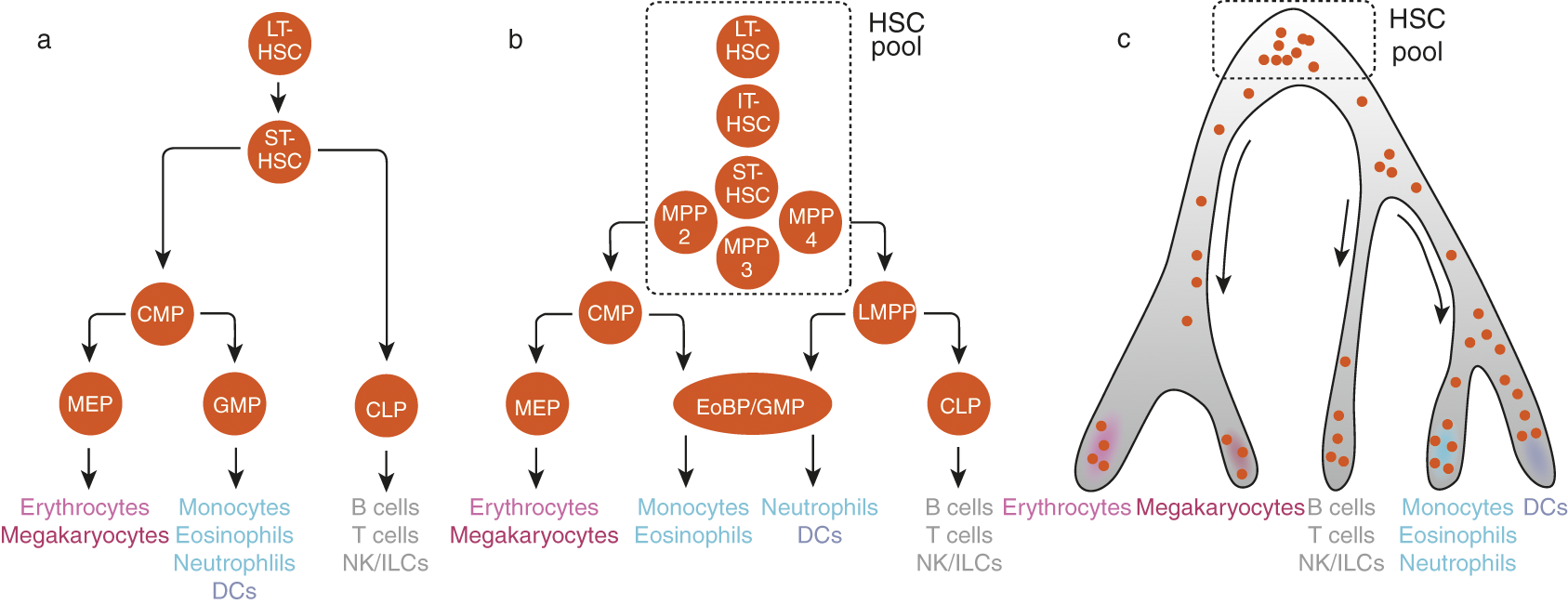

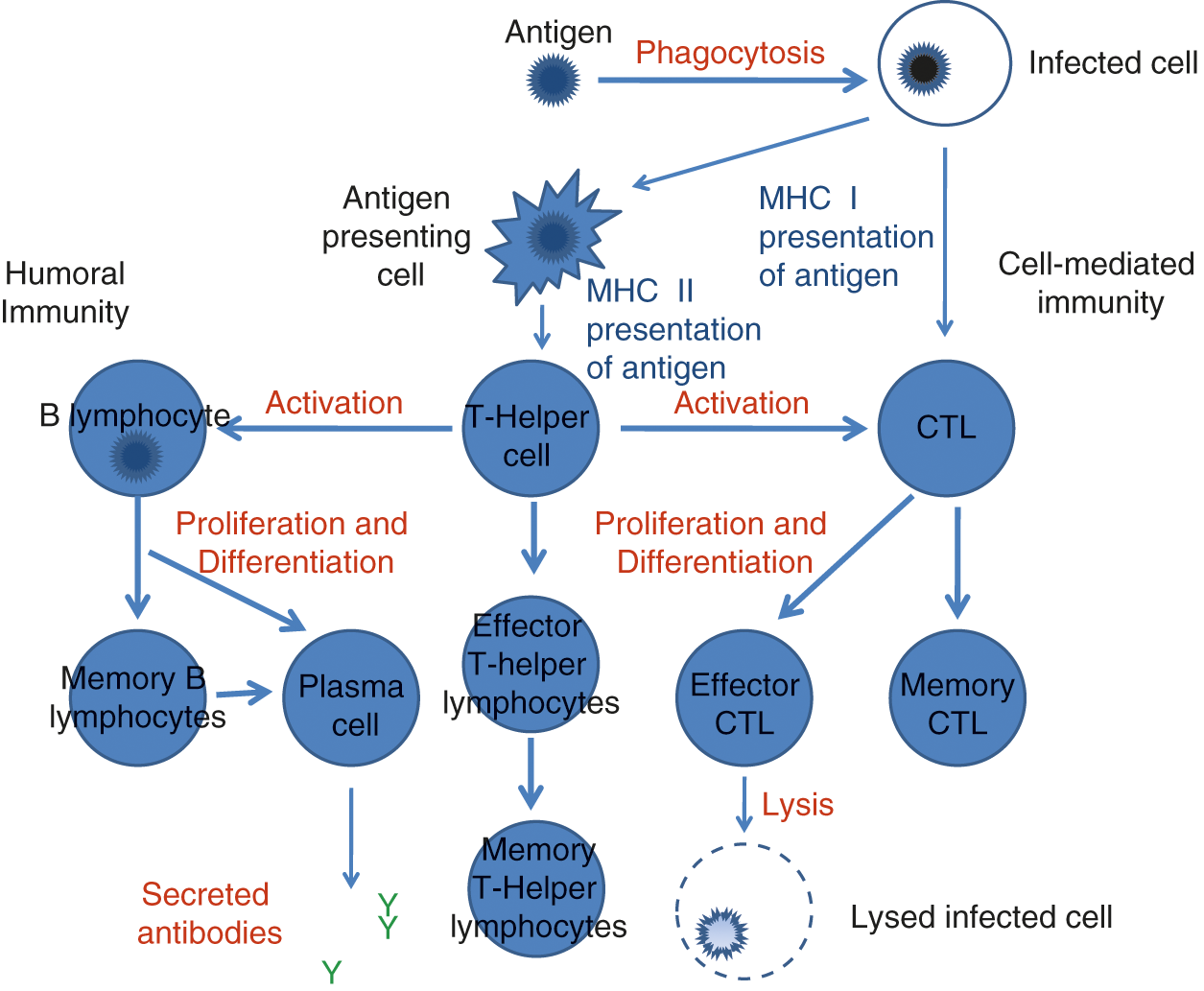
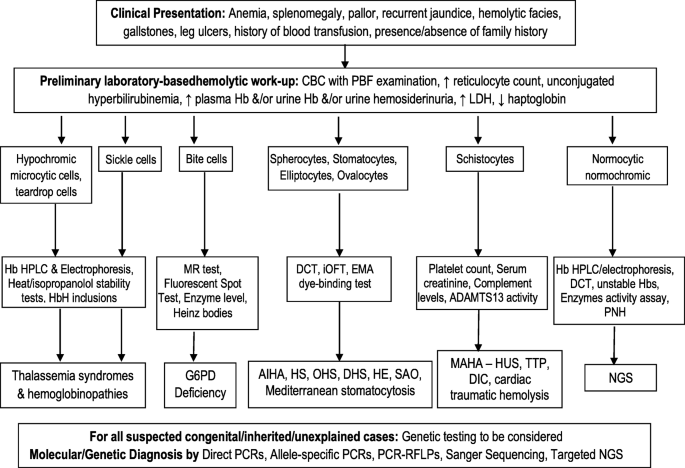





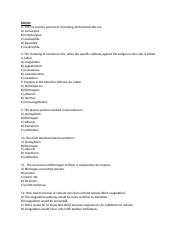





Post a Comment for "Which Of The Following Combinations May Result In The Hemolytic Disease Of The Newborn?"